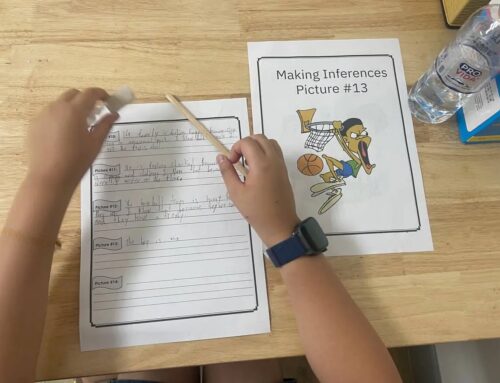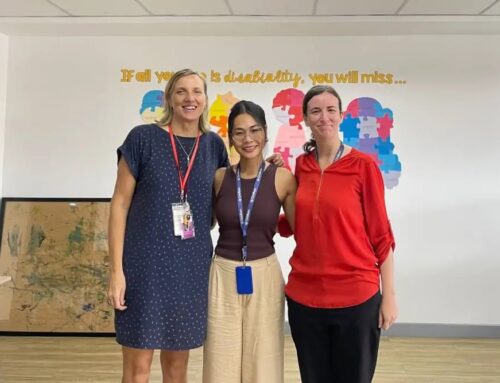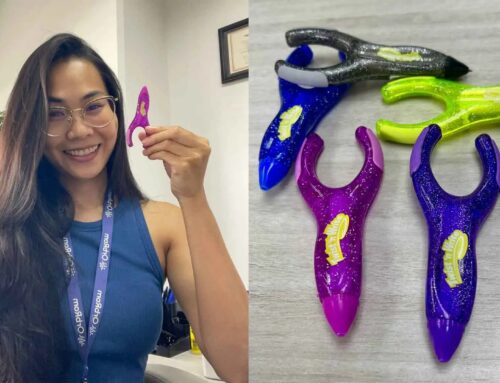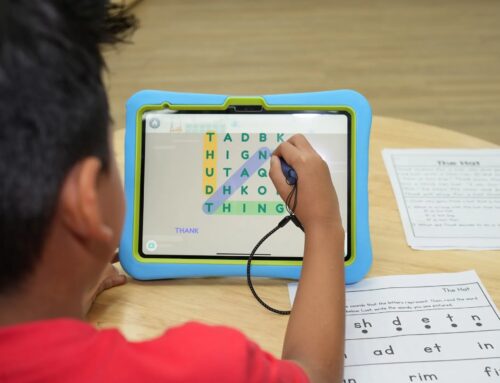[ad_1]
Confidence is more than just smiling in front of a camera—it’s the ability to speak up, ask for help, and express needs clearly. For children with special needs, building this kind of self-advocacy is essential for long-term independence and well-being. In Phnom Penh, where awareness and inclusion are gaining momentum, helping children learn how to advocate for themselves is one of the most important goals of early intervention.
At OrbRom Center, we believe that every child—regardless of diagnosis or ability—has the right to be heard, understood, and respected. Our programs are designed not only to improve academic and functional skills, but also to nurture the self-confidence children need to thrive both in and out of the classroom.
What Is Self-Advocacy and Why Does It Matter?
Self-advocacy means a child understands their own needs and can communicate them effectively to others. This includes:
-
Asking for a break when overwhelmed
-
Letting teachers know if they didn’t understand something
-
Communicating preferences during activities
-
Expressing emotions clearly instead of through behavior
-
Participating in setting their own goals
For children with autism, ADHD, speech delays, or learning disabilities, these skills don’t always come naturally. They need to be modeled, taught, and reinforced consistently.
Without self-advocacy, children may become overly dependent on adults or act out due to frustration. By contrast, empowered children grow into independent learners, stronger communicators, and better decision-makers.
Early Intervention as a Foundation for Confidence
At OrbRom Center in Phnom Penh, our early intervention services are designed to build confidence from the ground up. Whether a child is non-verbal, selectively mute, or socially anxious, we use individualized strategies to help them find their voice.
This includes:
-
Visual communication tools like PECS or AAC devices
-
Speech therapy (explore our service) to improve expressive language
-
Occupational therapy (learn more here) for body awareness and emotional regulation
-
Confidence-building games that promote decision-making and verbal expression
-
Daily routines that encourage choice-making, like selecting snacks or activities
Our therapists and teachers gently encourage children to speak for themselves in age-appropriate ways—sometimes with words, sometimes with signs, pictures, or even gestures.
How Parents and Teachers Can Encourage Self-Expression
The journey doesn’t stop at therapy. At home and school, caregivers play a huge role in nurturing self-advocacy. You can support your child by:
-
Offering choices instead of directives (“Do you want the red or blue marker?”)
-
Celebrating effort when they try to speak up, even if it’s imperfect
-
Modeling how to ask for help or express feelings
-
Giving time for the child to respond—don’t rush to speak for them
-
Teaching simple scripts or visual cues they can use in challenging situations
At OrbRom Center, we collaborate with families to extend these strategies across settings, ensuring that children gain confidence in every part of their lives.
Support Tools to Build Communication and Calm
Certain sensory tools can play a supportive role in helping children manage their emotions so they can advocate more clearly. Some of our most effective tools include:
By creating a calm and supportive sensory environment, we help children feel safe enough to speak up for themselves.
Phnom Penh’s Growing Culture of Inclusion
In Phnom Penh, more schools and families are beginning to understand that inclusion means more than physical presence—it means participation, voice, and empowerment. Teaching self-advocacy is a powerful way to ensure children with special needs are truly included in decision-making about their own learning and care.
OrbRom Center is proud to lead the way in promoting this kind of holistic education. Our goal is not just to teach skills, but to help every child feel heard and valued.
To explore our therapy services and how we build self-advocacy in young learners, visit our speech therapy page.
[ad_2]
Source link






